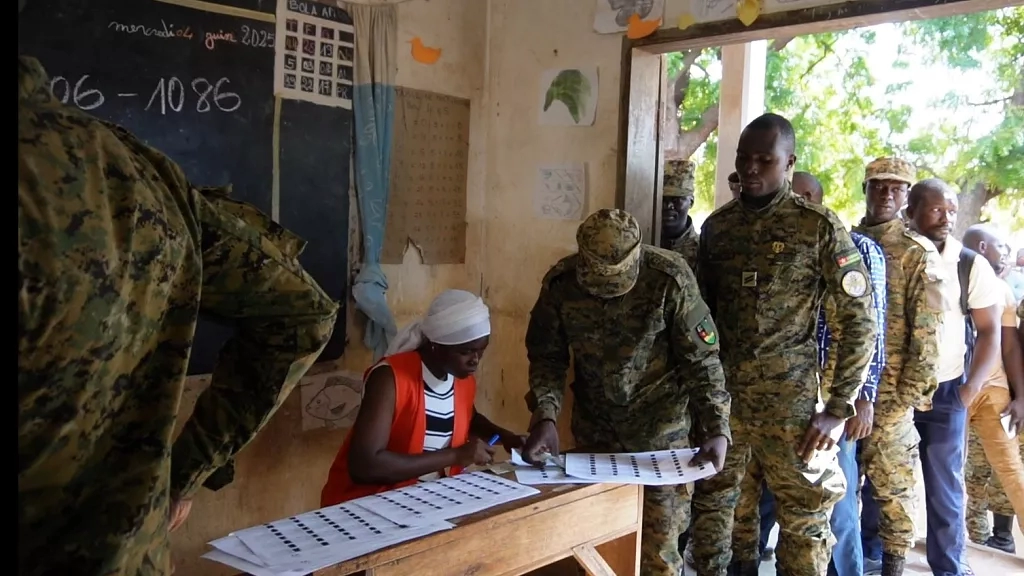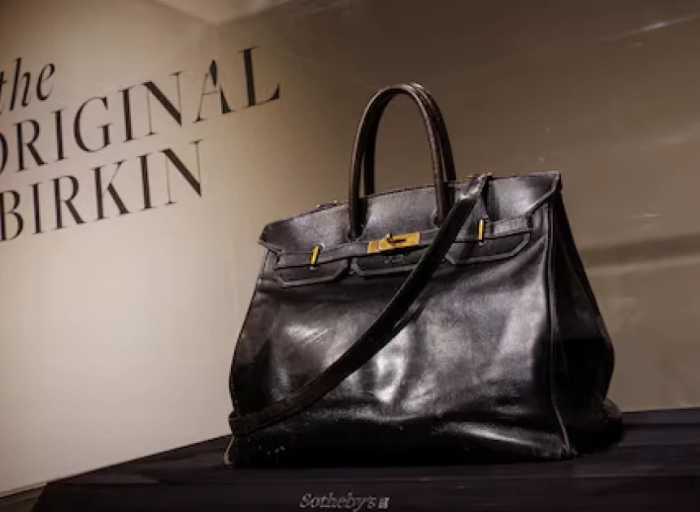In a display of order and discipline, Togo’s security and defense forces cast their ballots on Monday, July 14, 2025, during a special early voting session ahead of the country’s upcoming municipal elections. Held in the capital, Lomé, the vote allowed military personnel, paramilitary units, and operational reserve members to exercise their civic duty while ensuring their availability for maintaining security during the general elections scheduled for July 17.
Polling stations operated smoothly under strict supervision. “There hasn’t been a single incident. So far, everything is going well, and they are voting calmly,” reported polling station president Poutouli Pisseyem.
This early vote officially kicks off one of Togo’s most closely watched local elections in recent years. Campaigns are in full gear, with political parties and independent candidates engaging voters across the country. The ruling Union for the Republic (UNIR) party is rallying support around continuity and development.
“Go vote, vote for UNIR, because we need continuity in the work already being done,” urged Geneviève Amégnaglo, a local UNIR representative.
Meanwhile, the opposition is navigating a politically charged atmosphere. Despite boycott calls from sections of civil society, some opposition leaders are determined to remain in the race.
“To improve living conditions, the opposition must take part and show what it’s capable of,” emphasized opposition figure Jean-Pierre Fabre.
Yet, beneath the calm lies tension. Civil society groups have declared days of mourning on July 14 and 15, and online activists from the M66 movement are planning protests on election day and the day prior. These developments add a layer of uncertainty to an already delicate political moment.
As the nation approaches the July 17 vote, all eyes are on Togo. The coming days will serve as a crucial test for the country’s democratic resilience.


